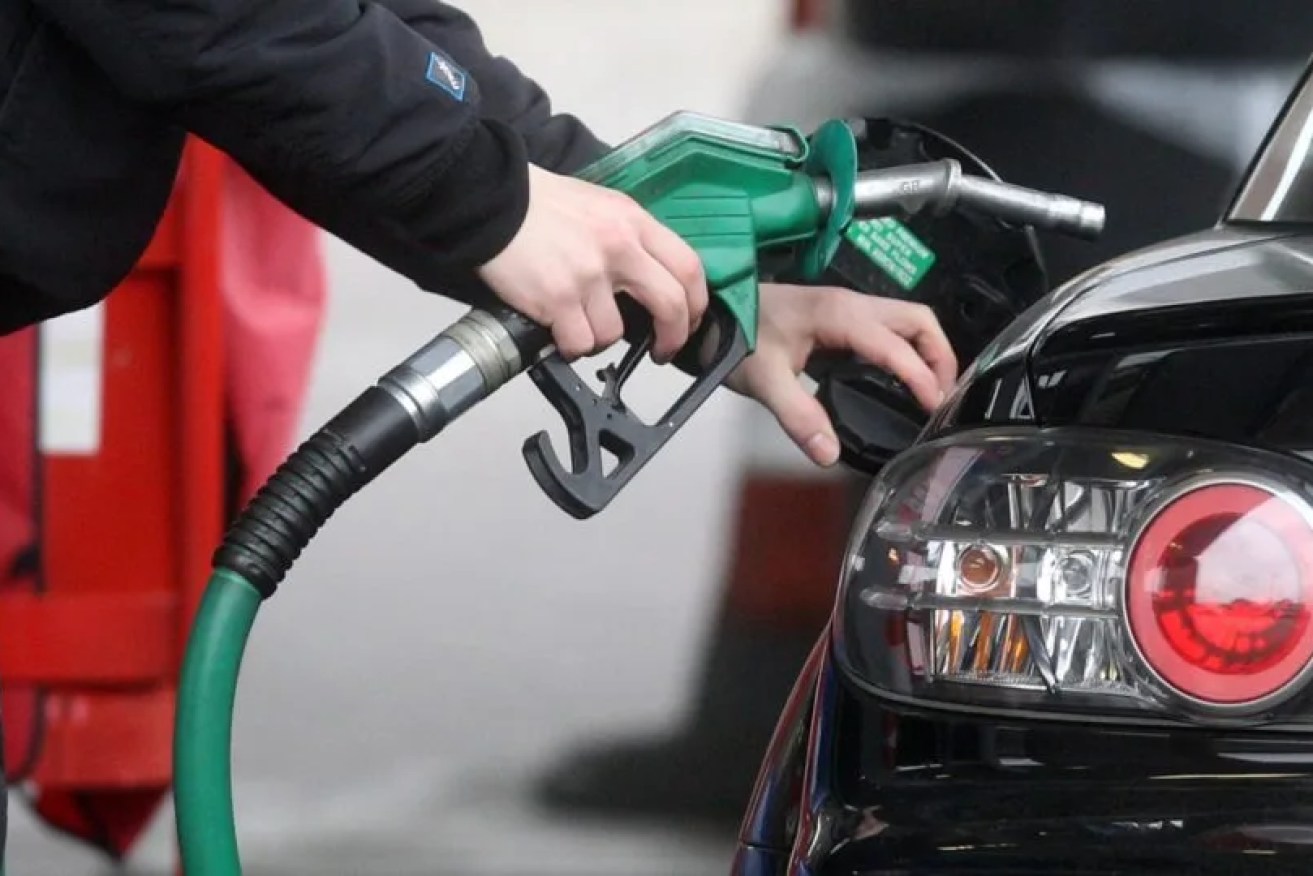Automotive lobby accused of anti-electric car campaign

Australia's peak automotive group is accused of running a campaign against strong pollution limits. Photo: TND
Australia’s automotive industry has lobbied the government behind closed doors to set weak vehicle pollution limits, despite publicly advocating for ambitious targets, a climate group has claimed.
The Federal Chamber of Automotive Industries (FCAI), which represents top car makers including Toyota and Hyundai, is also accused of undermining the impact of electric vehicles to policymakers and promoting alternative technologies to keep petrol cars on roads longer.
International think-tank InfluenceMap made the claims in a 19-page report that it said was based on 500 pages of documents obtained through freedom-of-information requests, including confidential briefing notes, research and emails.
But the automotive group has hit back, with chief executive Tony Weber saying the report “appears to be creating documents” and the industry wants an “ambitious yet achievable” vehicle pollution cap.
InfluenceMap’s report claims the FCAI has orchestrated an elaborate campaign against ambitious vehicle pollution limits in Australia by promoting weak targets, downplaying the benefits of electric vehicles, advocating for hybrid vehicles, and lobbying policymakers for loopholes.
Among many documents, it cites notes from a meeting between the FCAI and Department of Infrastructure in July 2022 that reports the group’s “aim is to convince (Energy Minister Chris) Bowen that legislating the FCAI’s voluntary standard would effectively reduce emissions”.
An internal government email from the same month noted the FCAI claimed electric vehicles would not be able to replace petrol vehicles by 2035 as “global chipmakers won’t be able to ramp up in time” or meet demands for “battery minerals”.
The FCAI also commissioned research it presented to government officials in April 2022, the report said, that predicted electric vehicles would make up three per cent of car sales in 2023.
But last month electric vehicles represented eight per cent of new vehicle sales.
InfluenceMap program manager Ben Youriev said the dossier showed Australia’s automotive body was actively seeking to water down attempts to cut carbon pollution.
“These documents show the FCAI and some of its key members are advocating to lock-in a longer term role for combustion-powered vehicles by introducing significantly weaker fuel-efficiency rules than in other regions like the US, EU, and New Zealand,” he said.
“Such advocacy efforts risk making Australia a dumping ground for polluting cars and are a major obstacle for Australia to meet its national climate targets.”
Voluntary vehicle pollution cuts set by the FCAI target a 35 per cent reduction for passenger cars in 2030 to less than 100 grams per kilometre. But European rules already require stricter pollution cuts at 95 grams today.
Mr Weber said the FCAI introduced the voluntary standard in 2020 “in the absence of a federally mandated standard” and the group was working with the federal government to “set an ambitious yet achievable target for emissions reduction”.
Mr Weber did not directly address claims raised in the report but questioned whether it had correctly attributed the FCAI’s statements.
“We are concerned that the London-based InfluenceMap appears to be creating documents and representing them as FCAI commentary,” he said.
“This is inappropriate and misleading.”
The report comes just two days before the deadline for submissions on the federal government’s fuel-efficiency standard, which it committed to introducing as part of its National Electric Vehicle Strategy.
The law will set pollution limits for new vehicles to incentivise car makers to import low and zero-emission vehicles into the country.
– AAP








